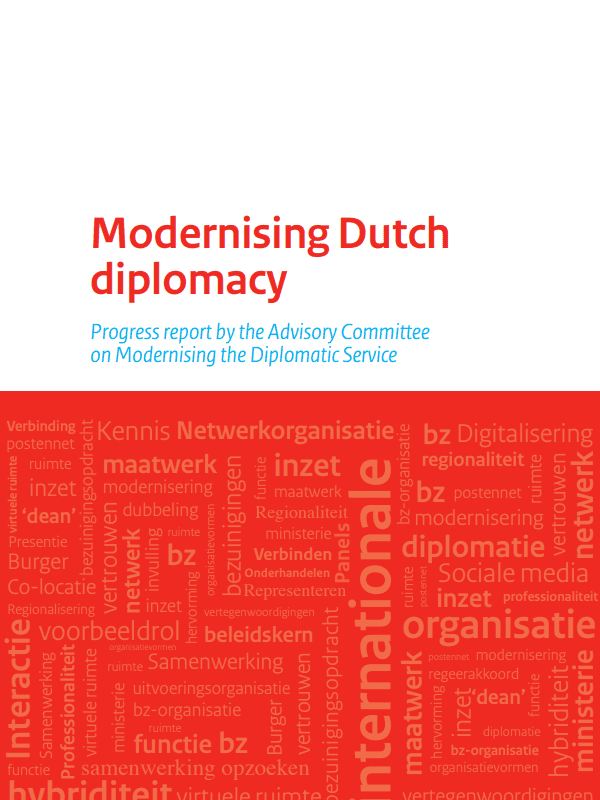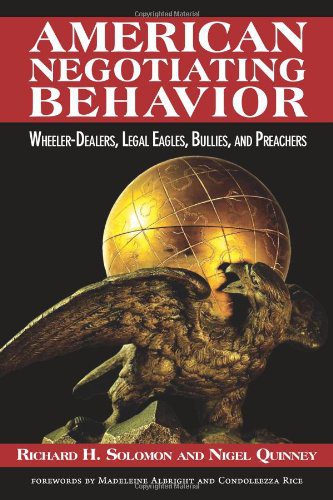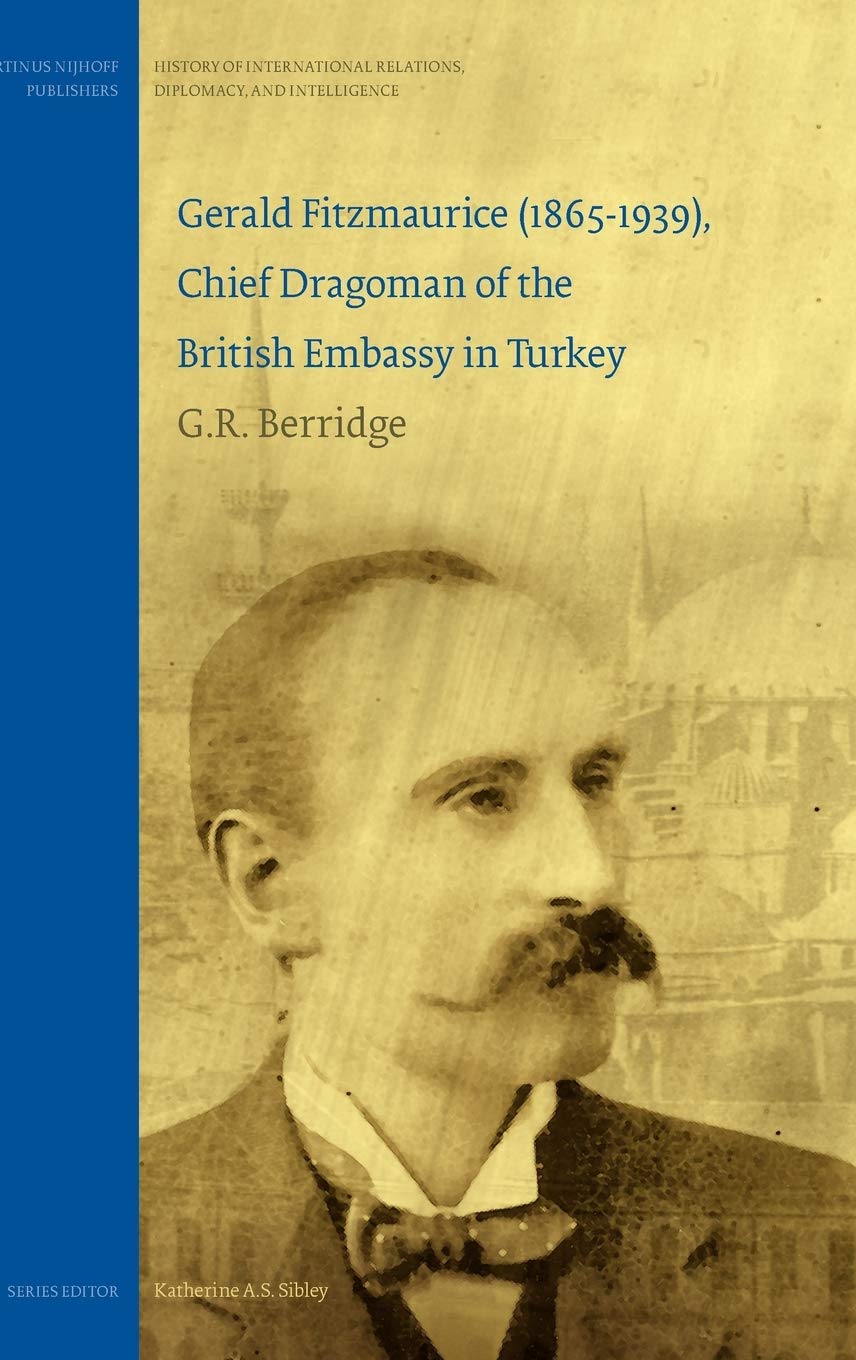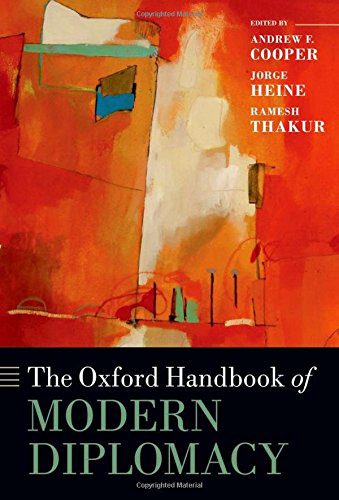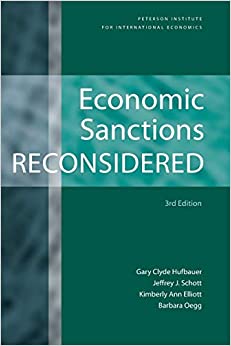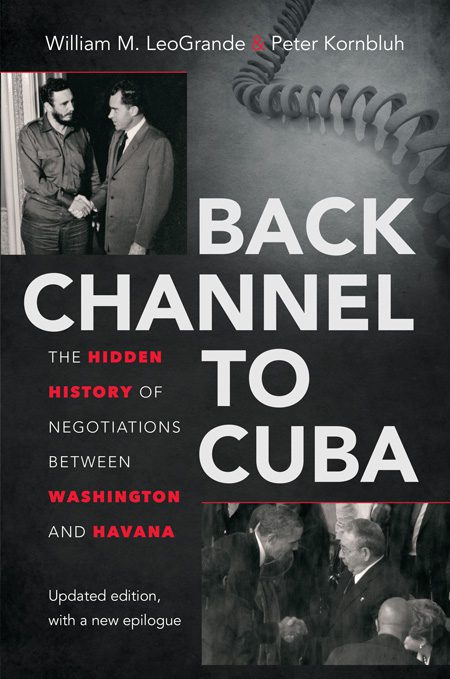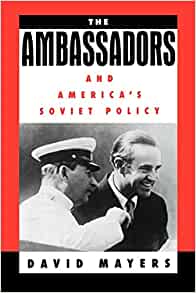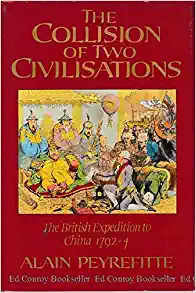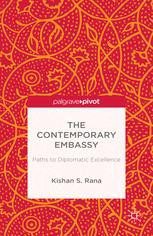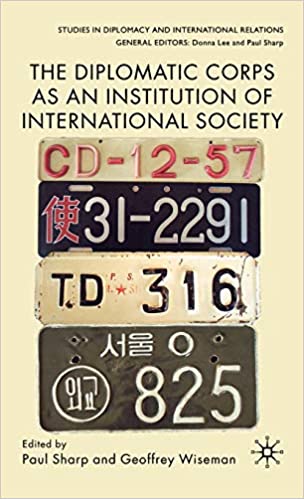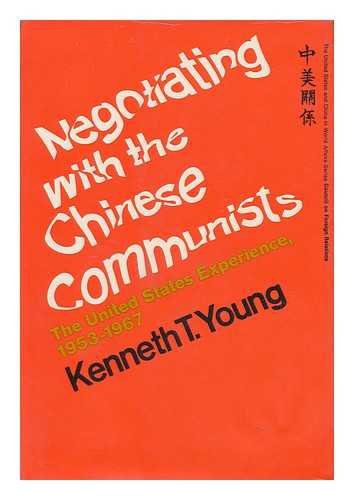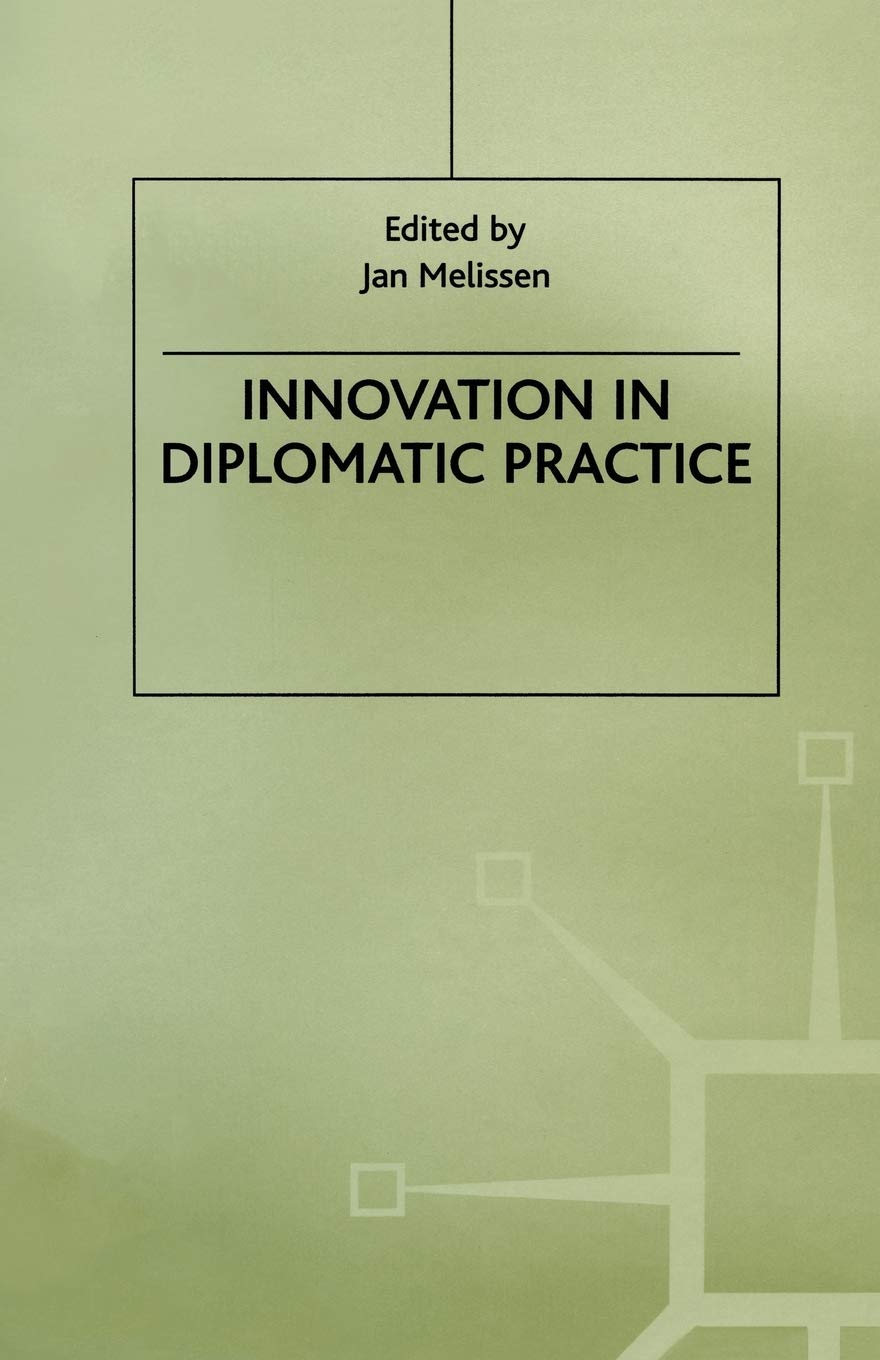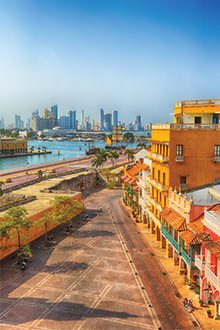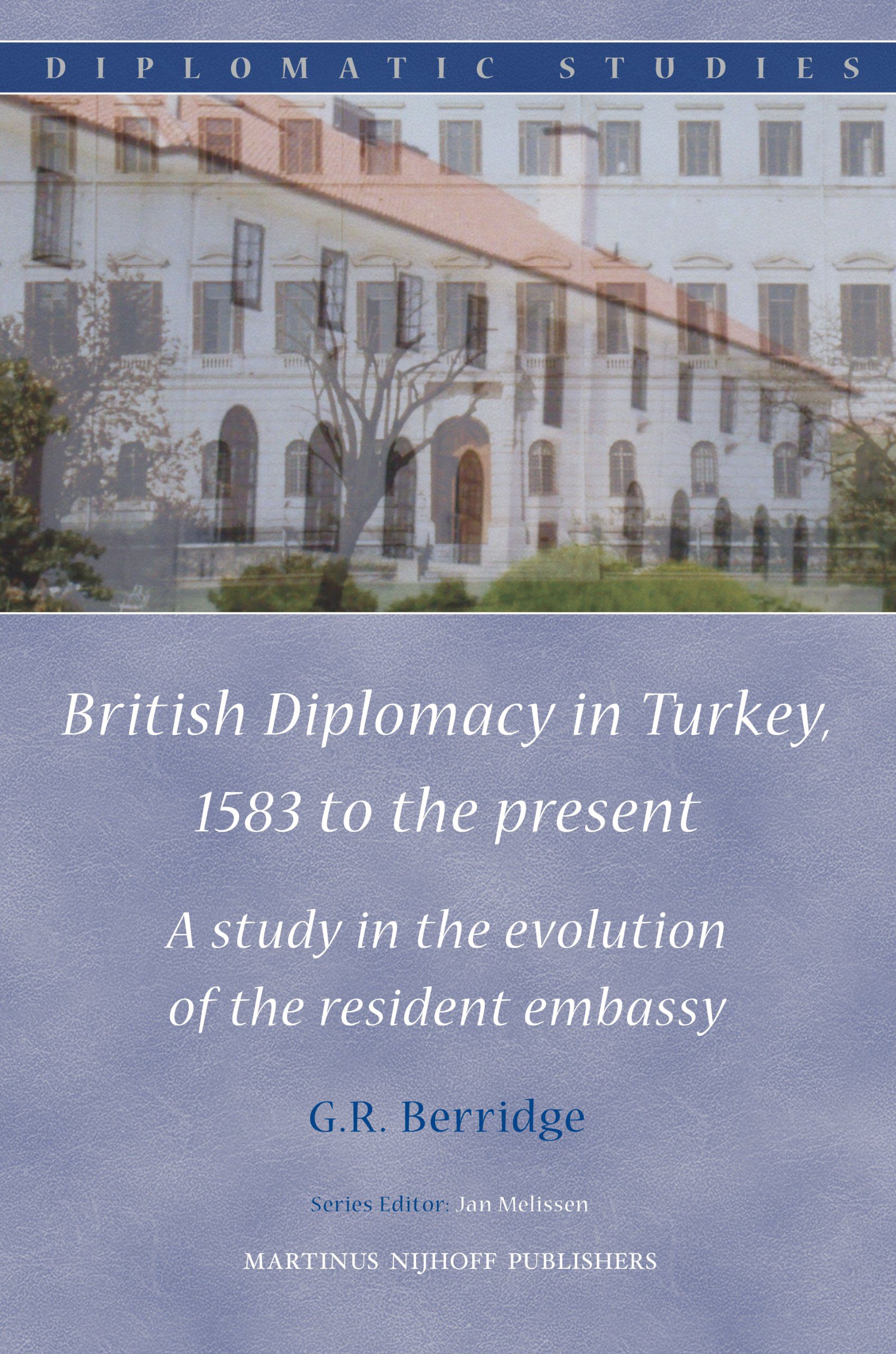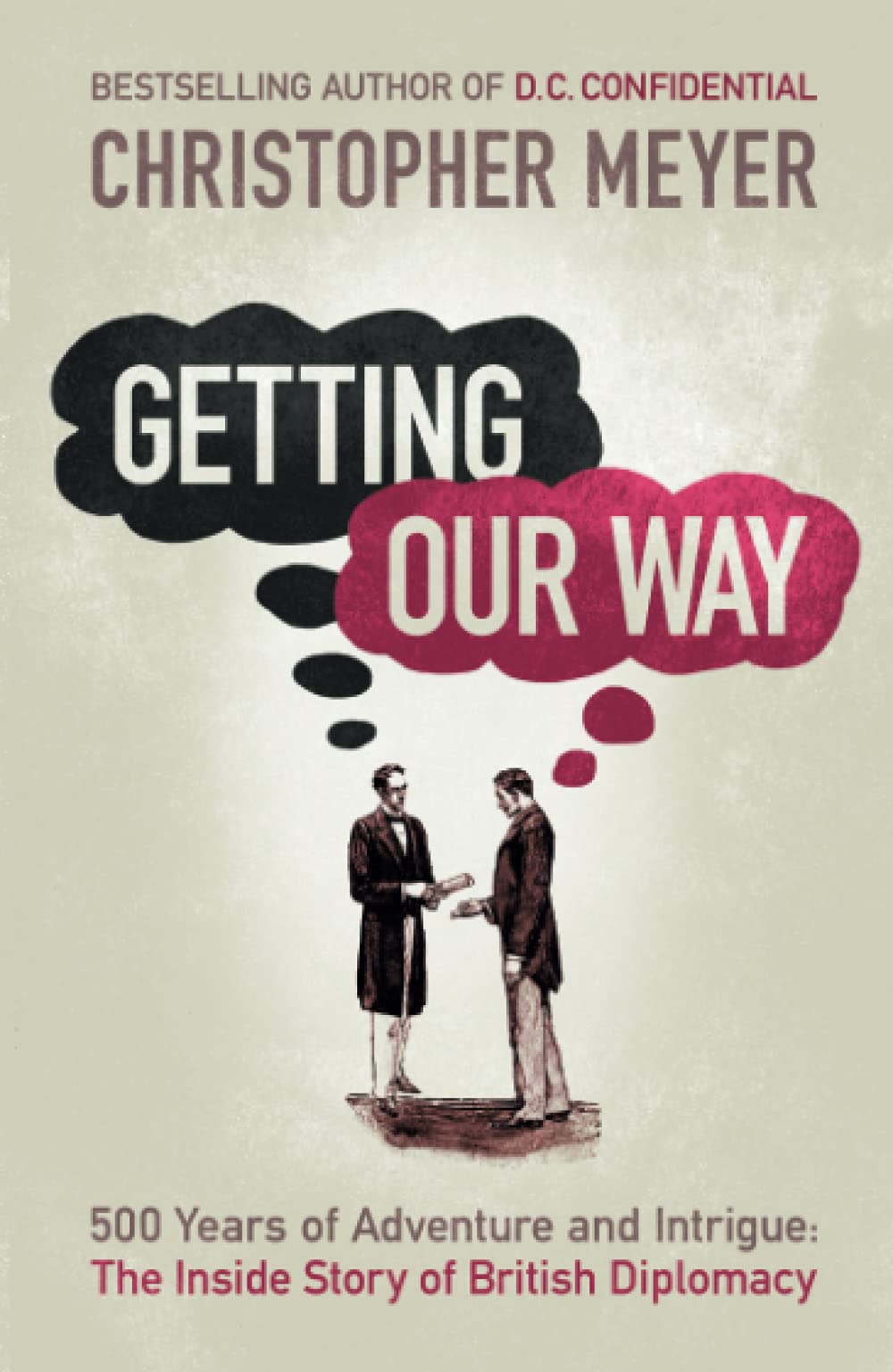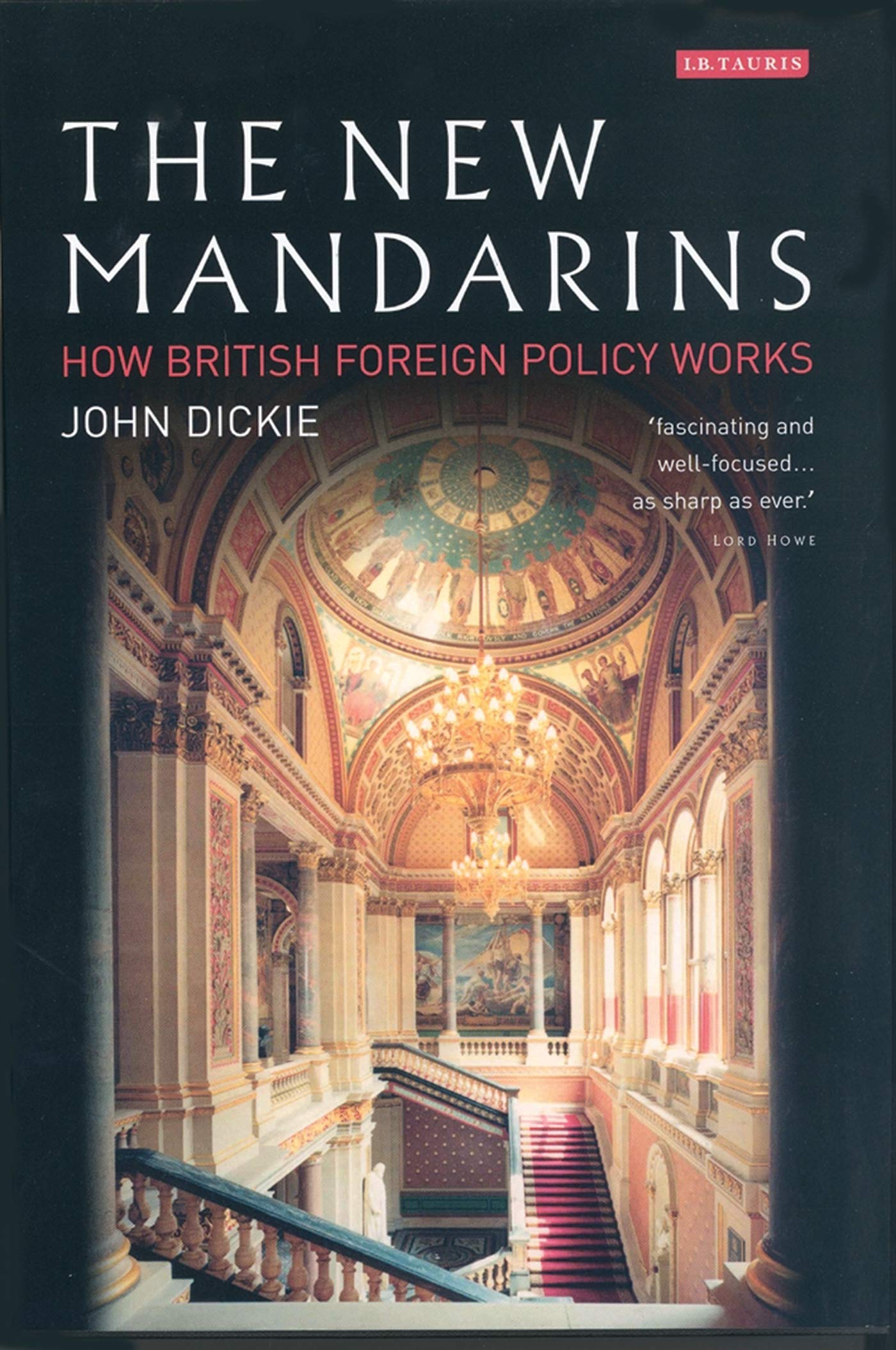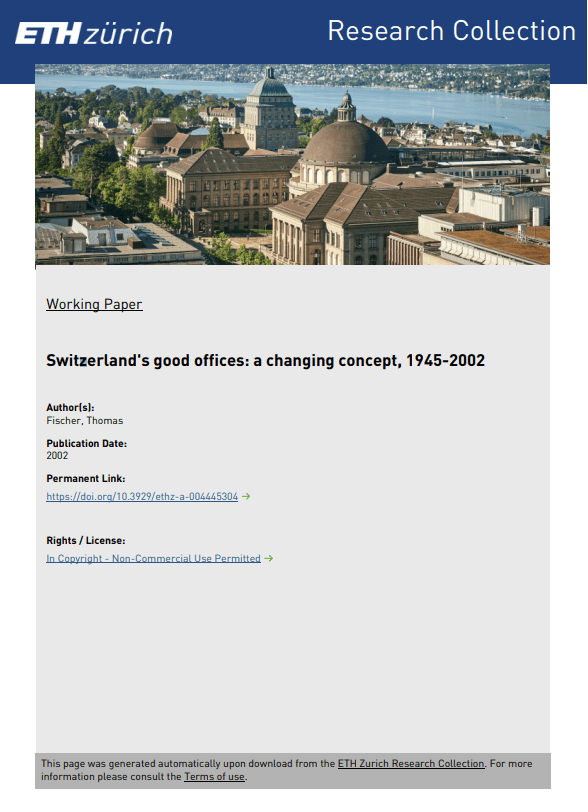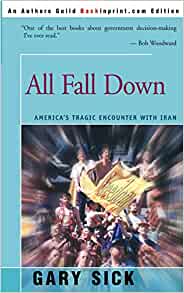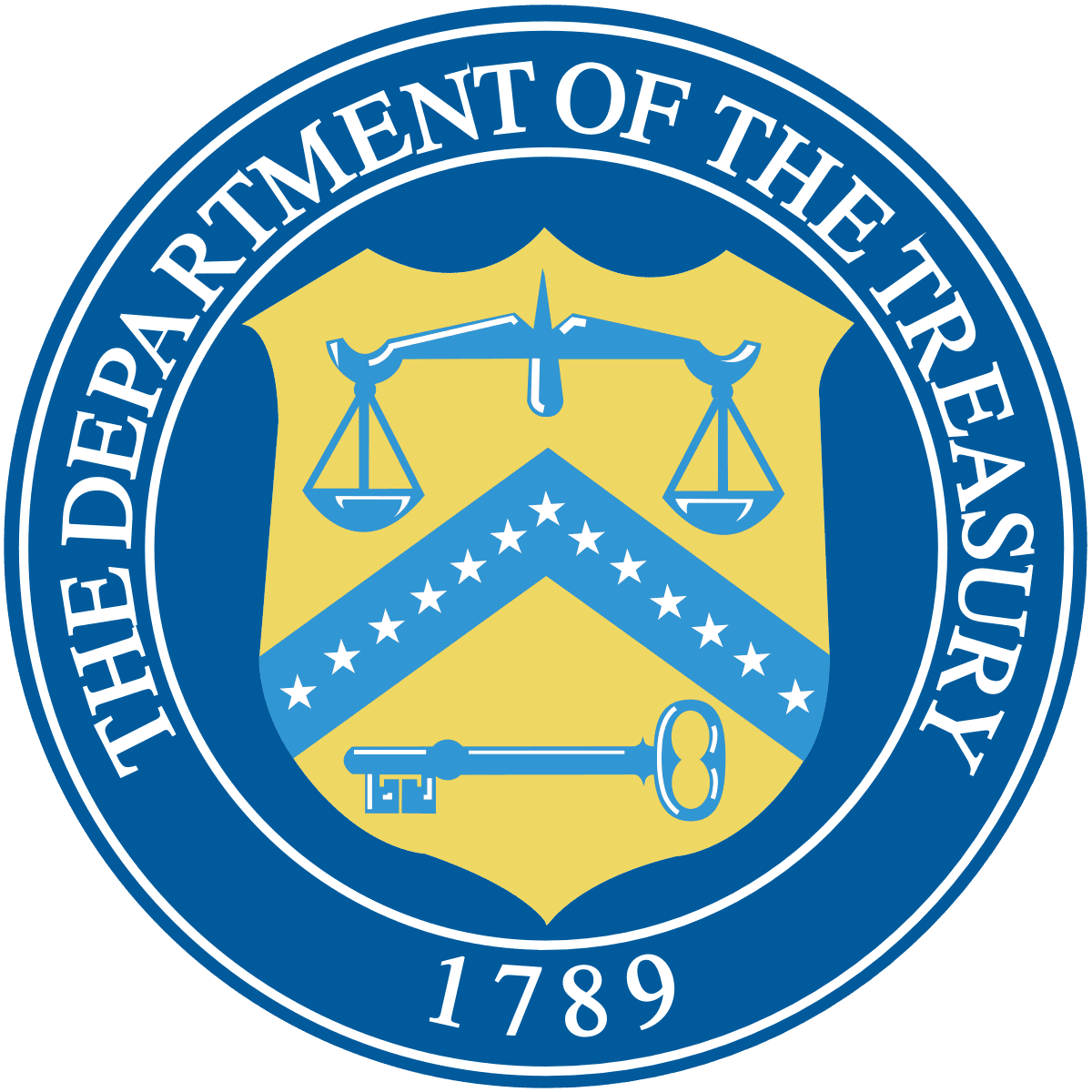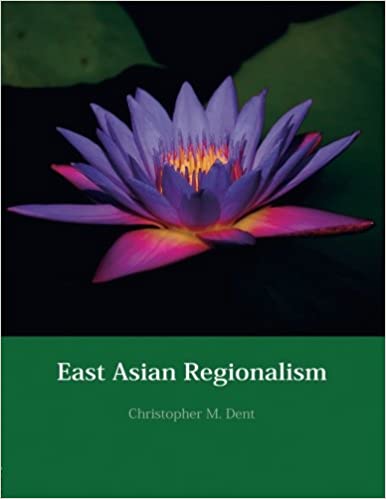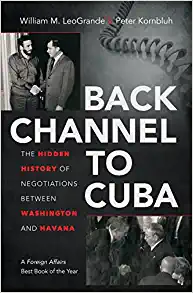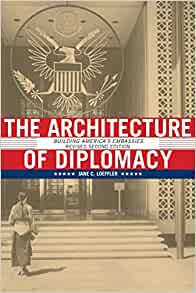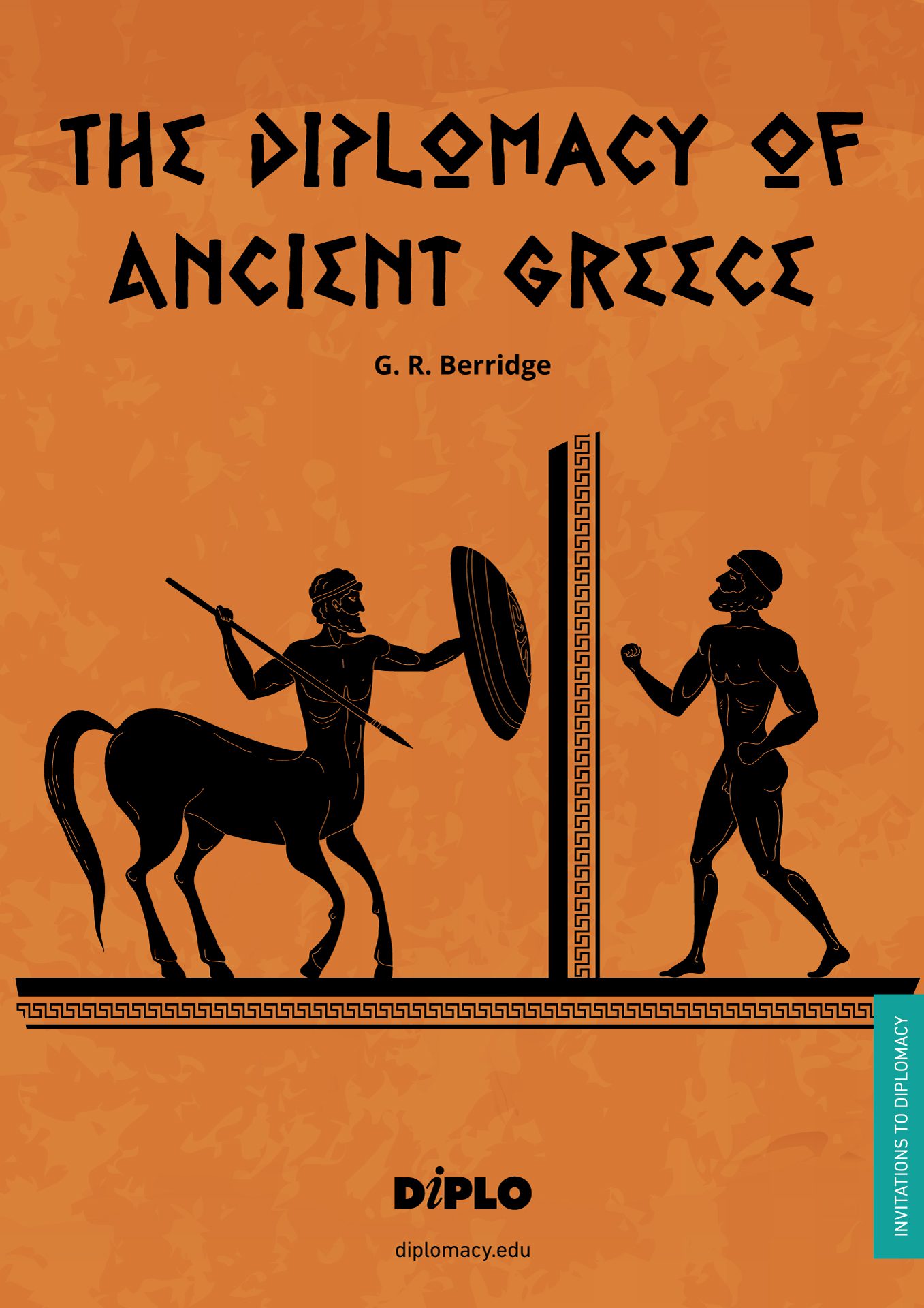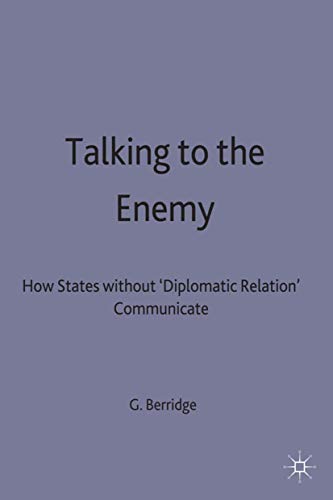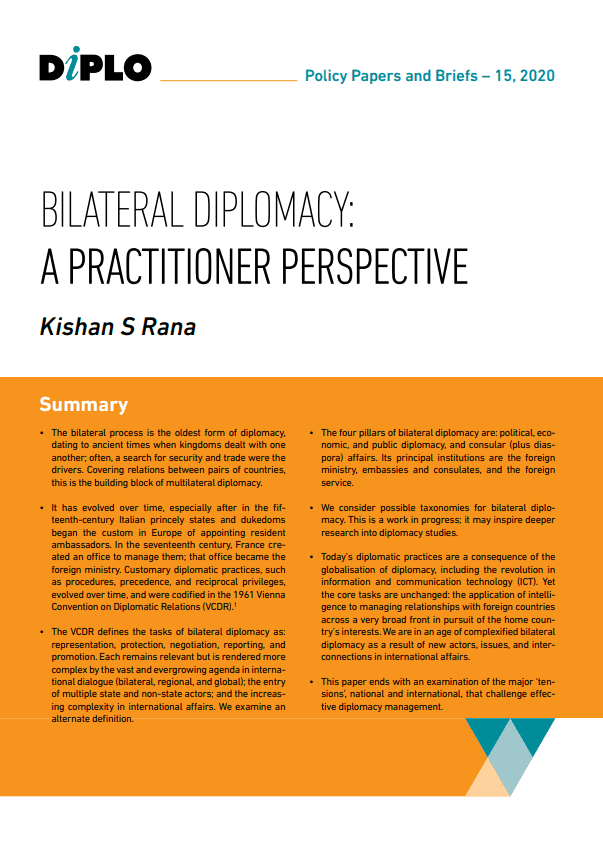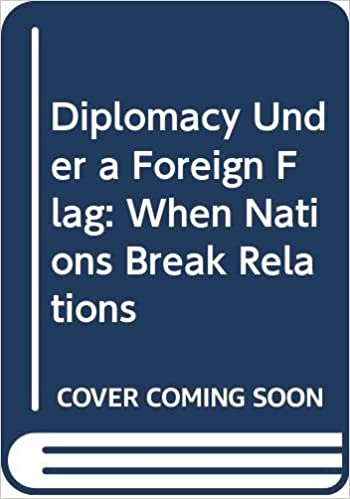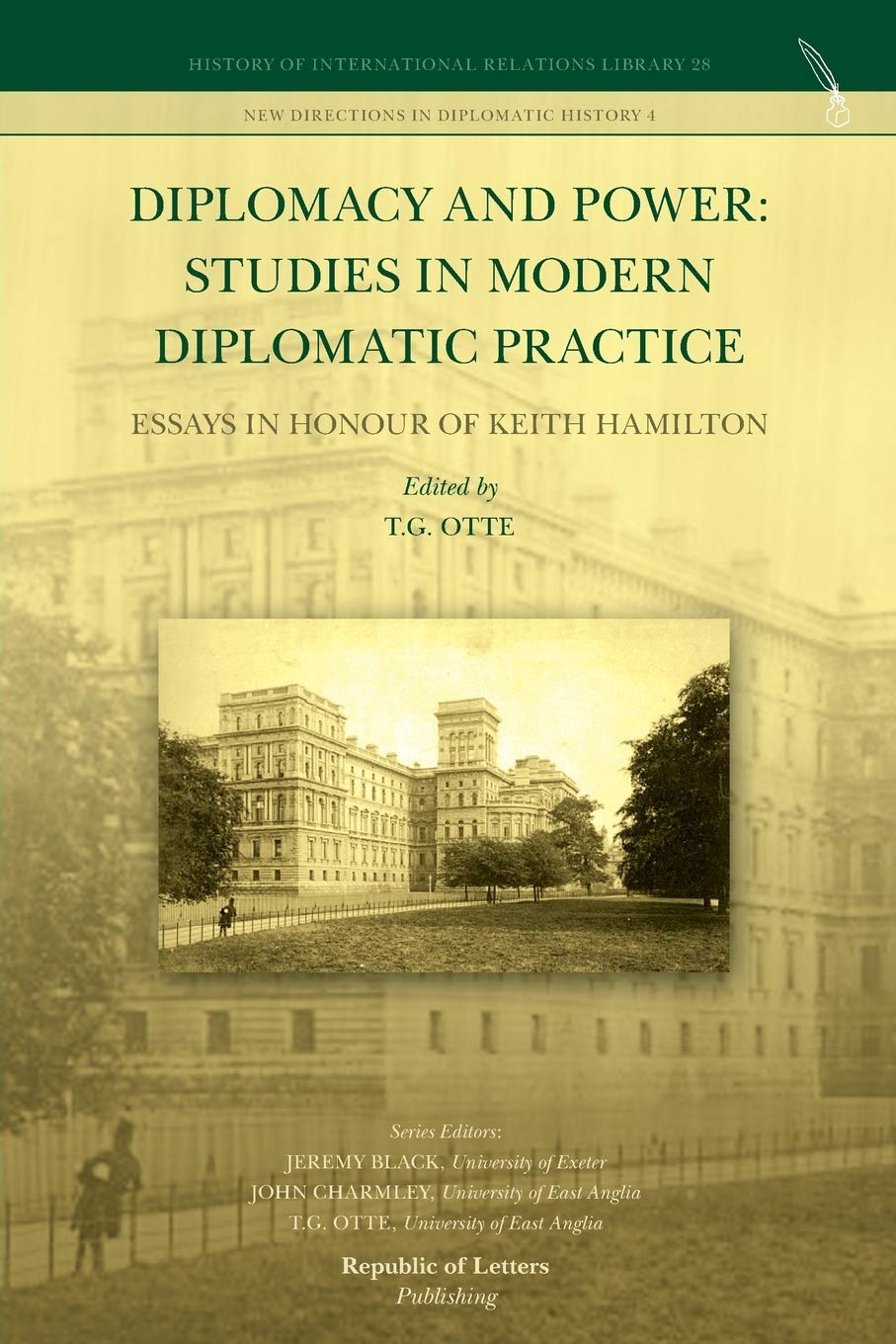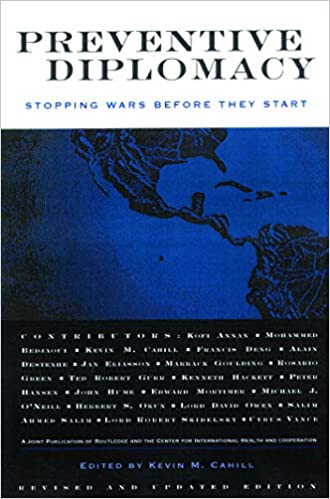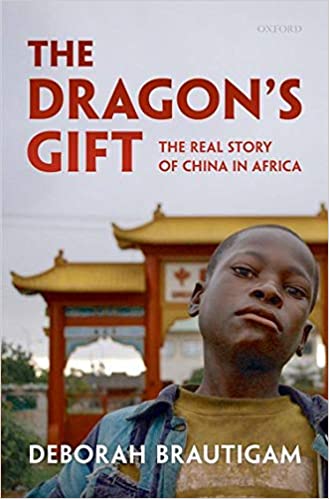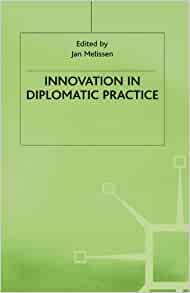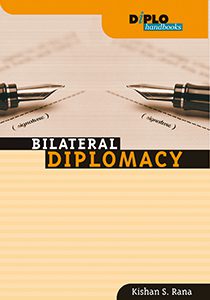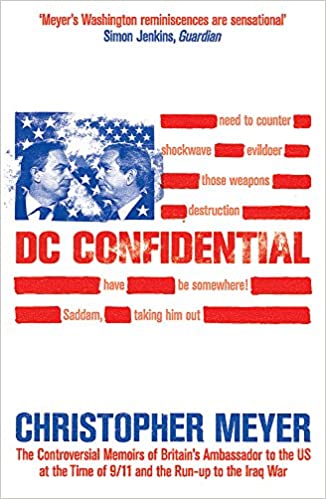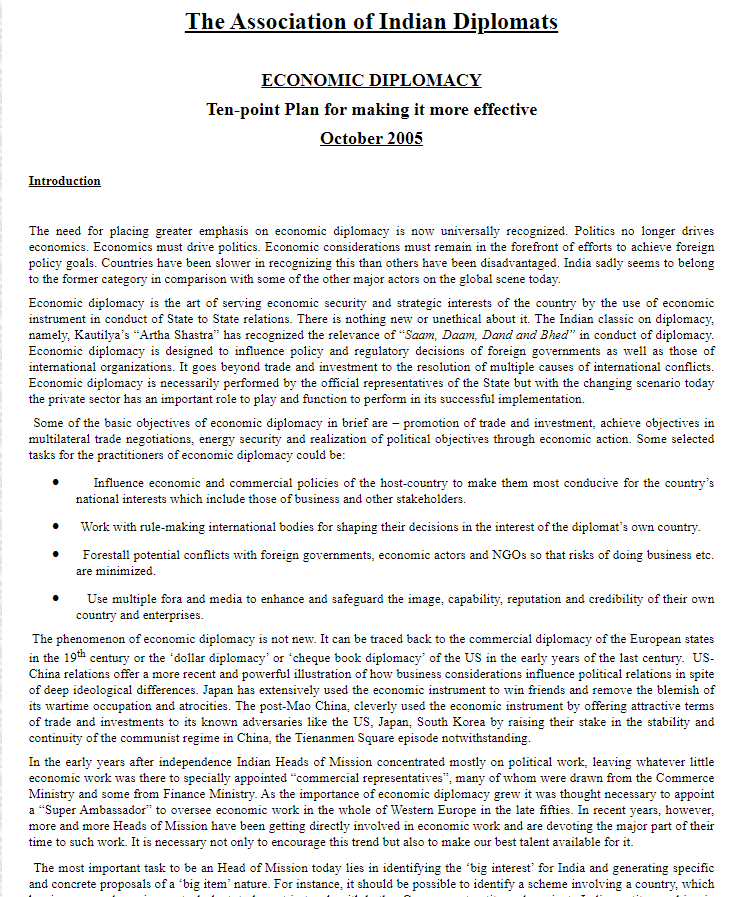Excellencies, Ladies and Gentlemen,
It gives me great pleasure to inaugurate this international meeting organised by the Mediterranean Academy of Diplomatic Studies. The main theme of the conference – modern diplomacy – is as topical as it is challenging. We are living through a period of rapid transition in international relations and impressive developments and achievements in the field of communication technology. Besides, new concepts and definitions have evolved over the years of what we mean and understand when we refer to threats to peace, and when we speak of security.
Today peace-keeping, peace-making, and the building and maintenance of security form part of a wider diplomatic and political exercise. Preventive diplomacy involves new diplomatic skills and completely new methods of approach, as well as the adoption of innovative strategies to achieve the ultimate objective of peace. It must be said that even the concept of peace itself has changed over the years to mean much more than just the traditional notion of absence of war.
More diplomatic activity is carried out today in the international forum than on a bilateral basis. More dispute-resolving mechanisms are being created, and more regional organisations are providing opportunities for further co-operation. The implications of these scientific and political developments for both the substance and the style of diplomacy are far-reaching.
Considering the inevitable changes which have already occurred in the immediate post-Cold War period one may indeed wonder what could be the main features of diplomacy as the next century unfolds.
The Cold War era, with its sharply demarcated ideological barriers and rigid strategic concerns, imposed significant constraints on the conduct of diplomacy and practically conditioned its practice outside the largely enclosed centres of the bipolar world. The loosening of these constraints in the late eighties has imposed additional tasks and opened up new areas for diplomacy world-wide.
Over the last decade diplomats from many more countries have been involved in such tasks as seeking a resolution to regional conflicts, delivering humanitarian assistance, dealing with global environmental problems, and promoting international economic co-operation. Diplomats are now involved in these types of activities to a much greater extent, and with much greater relevance, than was the case during the previous four decades.
In the past diplomacy was a prestigious but discrete profession, usually, though not always, conducted at a prudent remove from the eyes of the public. Nowadays diplomats are themselves becoming targets of the international media and public, not as exceptions, as was previously the case, for example, with a colourful personality like Henry Kissinger, but on a more routine basis. Media coverage on CNN, Euronews, and other world media of the comings and goings of a Richard Holbrook, a David Ross, or a head of a United Nations agency such as the UN High Commissioner for Humanitarian Affairs, or the Chief UN Weapons Inspector in Iraq, is sometimes comparable to the coverage traditionally reserved for the activities of political leaders in their own right or of personalities in show business or sports.
Diplomacy and diplomats have become part of the day-to-day life not only of people involved in international relations but also of the general public. Diplomats are seen not only in conference rooms but also in the field, exercising what one Kenyan diplomat has called “gumboot diplomacy.”
In such a situation one would expect a greater universal appreciation for diplomats and for the role of diplomacy in solving the problems of the modern world. Ironically, this is not necessarily the case. There is another side to the coin of excessive media exposure. Diplomacy is continuously under the scrutiny and criticism of the public. Looking at international developments with a jaundiced eye, some have even come to the conclusion that diplomacy is often futile or unnecessary.
Are diplomats, if we may borrow environmental terminology, an endangered species? Will diplomacy survive, but diplomats disappear, as was suggested perhaps not so light-heartedly, by one recent commentator? The situation is paradoxical. On the one hand, some argue that in today’s world diplomats are gradually becoming superfluous or redundant. On the other hand, far greater importance is being assigned nowadays to diplomacy in resolving the problems of the modern world, in contrast to the alternative of military power. Admittedly, this is a new type of diplomacy. Diplomacy as an institution, and the profession of the consummate diplomat, in modern times and even more so over the last decade or two, have gone well beyond the original early Greek conception of the “go between” acting on behalf of governments as representative of the City States.
Diplomacy is faced by many challenges. Is this a completely new phenomenon? Has diplomacy been challenged in the past? Canadian author Dr. Gordon Smith recently cited the following challenges for diplomacy: first, the growing “community of interests” among nations; second, the dramatic impact of public opinion on diplomacy; third, the communications revolution. At first glance, these challenges look familiar and contemporary. In reality they are quoted from an article which was first published in 1910. As we can see, diplomacy has survived in spite of all of these challenges, constantly adapting to the changes in its environment. Instead of typewriters we have computers; instead of cable we have digital communication. Multilateral diplomacy today complements, and in certain aspects even supersedes, traditional bilateral diplomacy.
If, as mentioned in a book written by two of the participants at this conference, the origin of diplomacy can be traced back to the moment when our predecessors realised that it was better to hear a message than to eat the messenger, then it can safely be surmised that the future of diplomacy is assured as long as humanity exists. Diplomacy will survive. Undoubtedly it will be practised differently; it has to! Changes are already taking place.
New concepts have evolved, and will continue to evolve. We speak today of economic diplomacy, of environmental diplomacy, of preventive diplomacy, of multi-track diplomacy. The coining of new phrases constantly enriches the vocabulary of this profession, reflecting new trends in political thinking and in the methods and tools used by nations in their perennial quest for stability and peace around the globe.
What about diplomats? Their case is more complex.
What is the role of diplomats today? What will be the role of diplomats in the future? Diplomats today are no longer just members of an exclusive professional guild as was the case in the past. Instead of an exclusive diplomatic elite we have now quite a heterogeneous body of professional people participating in various capacities in the management of current international relations, both global and regional. Some of them are diplomats in the classical sense, that is, members of the professional diplomatic services of their countries. Others are international civil servants working within the framework of international organisations, and of increasingly important international regimes. Other individuals, from worlds far removed from diplomacy, are called upon on an ad hoc basis to intervene in particular issues. UNICEF, for example, has been particularly successful in recruiting the involvement of show business personalities in its humanitarian work.
The required skills are also heterogeneous, starting from general diplomatic skills, mainly negotiation and representation, and extending to specialised skills and competencies for dealing with particular issues, such as the protection of the environment, or the procurement of trade and the establishment of the commercial ties that are so vital to the strengthening of relations between nations. These skills should also to be considered diplomatic skills.
The number of individuals involved in diplomatic work has also increased astronomically. Does the increase in number, like every inflationary development, reduce the value and quality of the inflated object? Can we think in terms of whether we could eventually subcontract some diplomatic functions to private and specialised companies? Considering the vast range of specialised subjects that have to be tackled in bilateral and multilateral contacts, would it be too heretic to think along the lines of having the functions of a diplomatic mission, or parts of them, subcontracted to highly specialised companies in the same way that highly sensitive financial or economic issues are contracted out to a firm of bankers or accountants?
These and other ideas are being considered in many capitals world-wide, all with a common objective – that of achieving more and performing better with fewer financial and human resources.
In such a situation diplomats cannot take their position and role for granted. They have to justify their continuing existence in what is gradually becoming a very demanding and competitive environment which unwittingly could be supplanting them, or at least some of their original functions and traditional responsibilities. For example, the difficult task of negotiating the delivery of humanitarian aid, a task the responsibility for which used to fall squarely on the shoulders of the traditional diplomat, has gradually been taken over in places like Bosnia by non-governmental organisations (NGOs), the Red Cross, etc.
One should also recall that in some of the trouble spots of Central Africa, NGOs continued playing their humanitarian role in the field well after international diplomats had retreated in despair if not also in fear of their lives. This demonstrates that multi-track diplomacy, the process in which a mixture of government and unofficial bodies work at the same time but not necessarily together to help in dispute-resolution, does promote problem-solving and could also lead to the establishment of constructive dialogue on the way to peace-building.
In the field of information-gathering diplomats traditionally face strong competition from journalists, compounded today by the impact of the Internet, e-mail, and satellite transmission technology. In the management of international regimes such as environmental protection, human rights, transport, and so on, the expertise of specialists outside the diplomatic profession is today as much in demand as it has traditionally been in the military field.
One constant question arises. Is there any specific skill that distinguishes the diplomat from other professionals? For those engaged in diplomacy it is as obvious that there is a specific role for diplomats as it is difficult for them to define and make others understand this role. Diplomats should mainly have a general role in co-ordinating policy and putting it into the proper internal and international context. For example, in the field of environmental diplomacy, where expert knowledge is predominant, the diplomat has the important function of guiding specialists in one area not to enter into commitments which could have unintended political or economic implications. In the field of information-gathering, diplomats use their skills to put information in proper context, and to identify trends and signals in a way that is not, and very often cannot be, replaced by traditional journalism or the technology of the Internet.
As we move into the new century diplomats need to develop more intensively some of those traditional skills which have made diplomacy what it is up to now, while learning new skills, especially in the area of the use of information technology. They will still be needed to help weave the fabric of regional and global political, economic and social co-operation. Once that fabric is created it is even more important to maintain it and to develop it further. Diplomats will still be necessary to identify needs, potentials, people and institutions in other countries that could be utilised for co-operation. To do this they must know their own countries very well. This is a fundamental and important maxim which can never be forgotten even when the world becomes one village. Without an understanding of the history, political system, habits and attitudes of their own counties diplomats cannot start making contact and co-operation with other entities.
Among the recognised qualities of a traditional diplomat are discretion and tact. Someone once said that a diplomat should always think twice before saying nothing. These qualities are hard to maintain in a world where media exposure has overtaken the profession of diplomacy. But throughout history, famous diplomats ranging from Talleyrand to Kissinger have shown that professional discretion and tact can be manifested, perhaps even camouflaged, under various guises, some of them quite colourful. Harold Nicolson speaks of the detachment of diplomats. He did not, however, mean that diplomats should be detached from life in general.
In spite of the joking description of diplomats attributed to Sir Henry Wotton, a late sixteenth-century English diplomat, that “an ambassador is an honest man sent to lie abroad for the good of his country,” the fundamental reality is that honesty has been and remains one of the most important qualities of a diplomat. In the conduct of diplomacy the reputation of the diplomat as a reliable person is crucial. Therefore the most demanding skill of a diplomat is indeed how to tell the truth, and not how to lie, even for his country. This basic responsibility was, still is, and in the future should remain one of the fundamental precepts of diplomacy.
I will conclude with what I think is the best description of this aspect of diplomacy, given by a former French ambassador in Washington, Herve Alphand. He said that a diplomat is a person who can tell the truth to anyone in the government to which he is accredited without offending him, and to anyone in his own government at the risk of offending him.
Beyond this I feel that the best advice one could give to any present or future diplomat is from the Book of Proverbs which cautions that a bad messenger falls into mischief, but a faithful envoy brings healing. Healing is precisely what the modern world needs. This is the task ahead for modern and future diplomacy.


